Well, that was a short time coming. The Idol, a controversial series from Euphoria creator Sam Levinson and The Weeknd (whose real name is Abel Tesfaye), began its five-episode first season in June and is now canceled.
The series was released to a mostly negative reception from critics and non-fans who felt the show’s handling of its sexually explicit themes was even more exploitative than in Euphoria, which asked people to continually watch young women who are supposed to be in high school as they debase themselves sexually for another chance at a glitter montage.
And now, two and a half months later, The Idol has officially been canceled by HBO, per The Hollywood Reporter. In a statement, an HBO spokesperson said:
“The Idol was one of HBO’s most provocative original programs, and we’re pleased by the strong audience response. After much thought and consideration, HBO, as well as the creators and producers have decided not to move forward with a second season. We’re grateful to the creators, cast, and crew for their incredible work.”
The Idol stars Lily-Rose Depp as a pop singer and Tesfaye as a nightclub owner and cult figure. The two fall into a problematic relationship, threatening the singer’s career. It’s also about how every room has stylized, suggestive lighting and how some people just hate clothes.
Why was The Idol canceled?
First, there’s the bad press to consider. Although the talk surrounding the series helped drive big viewership numbers for the premiere, subsequent episodes failed to convince people that Sam Levinson isn’t a creepy guy who insists that all his projects involve naked young women in extended scenes of sex and violence.
This narrative was helped along by a Rolling Stone feature discussing various production issues, including story overhauls to amp up the sex that allegedly led to director and executive producer Amy Siemetz and several cast members leaving the show. The article also alleged that Levinson ran a toxic set and that the series’ goal amounted to creating fashionable “torture porn.”
Then, there are the numbers to consider. Although some seven million households tuned in to watch the first episode in its first 85 days on HBO Max (now just Max), ratings for subsequent episodes apparently didn’t fare as well. HBO has not released viewership numbers for the full five-episode run, but it’s a safe bet that people who were grossed out by the first one or two episodes didn’t stick around for the finale.
Speaking of the finale, that was likely the final nail in the coffin. Not only did it fail to set up interesting story threads for a potential second season, but it also revealed that Jocelyn (Depp), who seemed to be victimized by Tesfaye’s character all season, was actually the mastermind of the entire season and was playing the cult leader to achieve her own ends.
This didn’t go over especially well with viewers since pretty much nothing in the season properly foreshadowed this revelation. Instead, it smacks of Levinson trying to prove that his show really is about female empowerment without doing any of the work to convey that.
If The Idol had gone out on a high note, there may have been a draw to revisit these characters further down the line. But viewers have washed their hands of the ending, called it a cheat, and moved on. That, plus the assumed lack of viewership for the last few episodes, likely resulted in cancelation.
Next, we dare Sam Levinson to write a story about old men who never change out of their suits to prove that he isn’t in this business just to make young actresses strip for their art. Maybe a reboot of Glengarry Glen Ross? He can keep the glitter if he behaves.

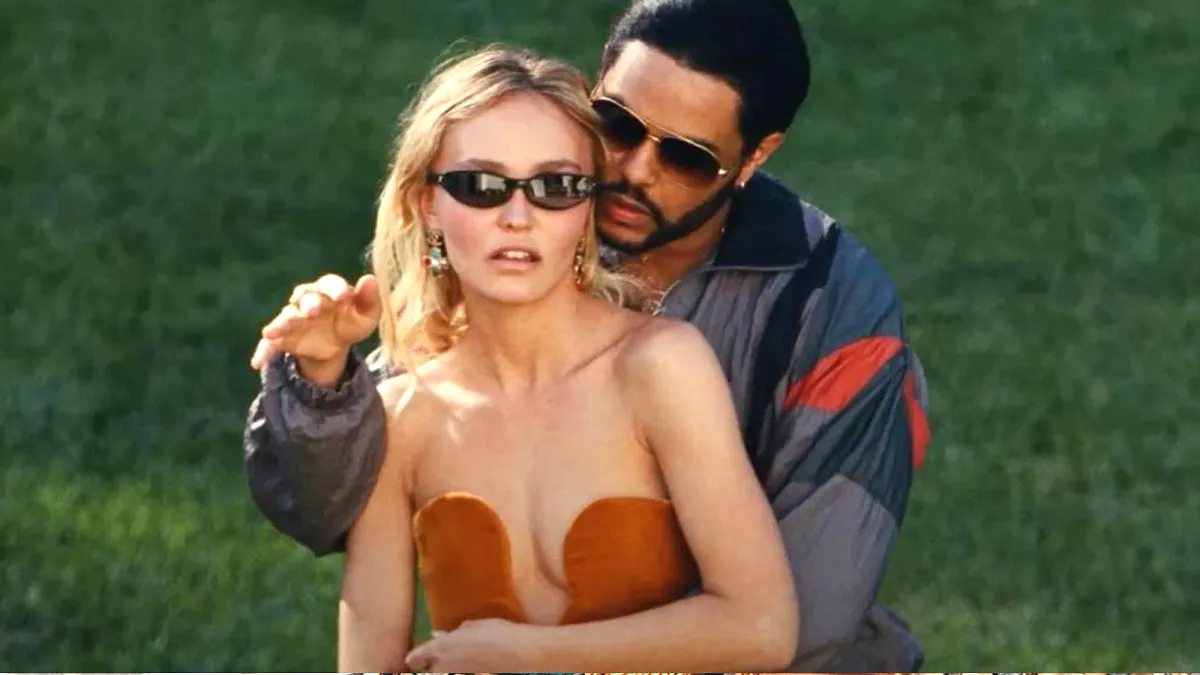
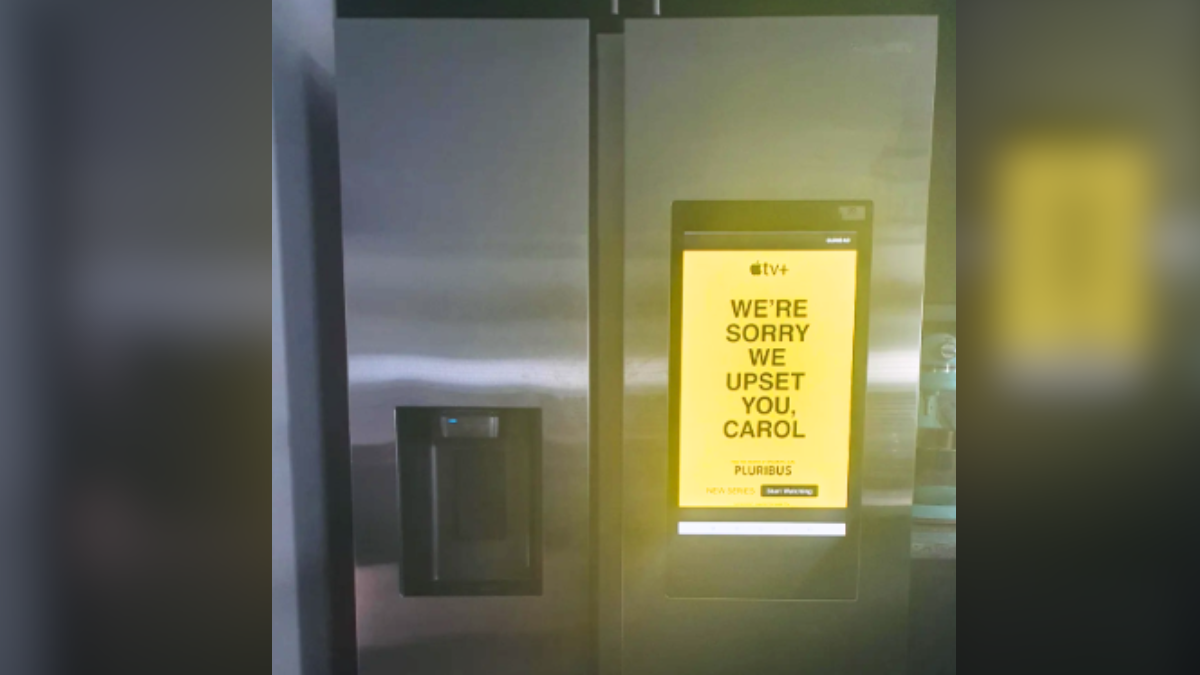


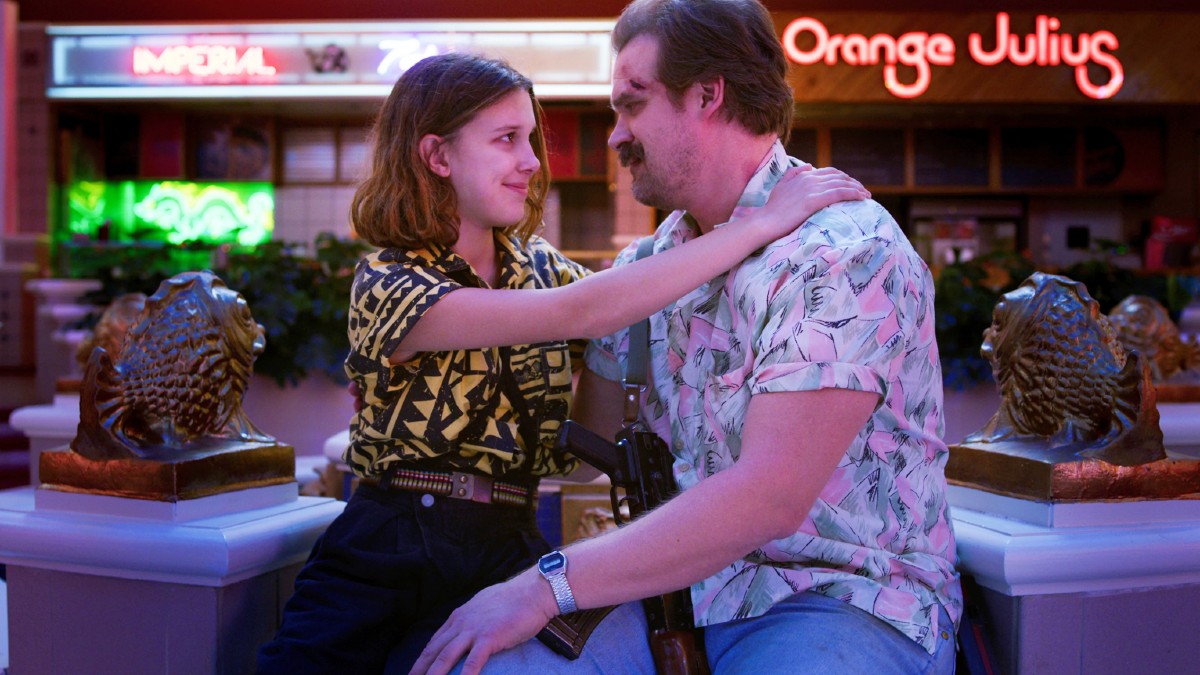

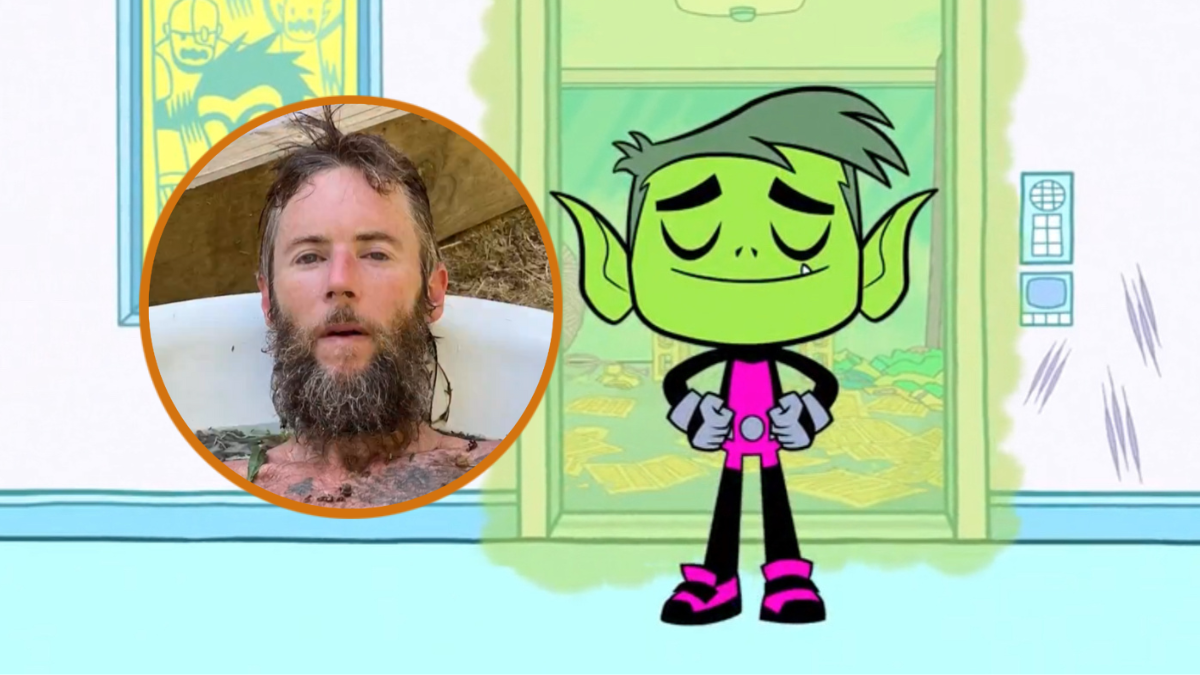

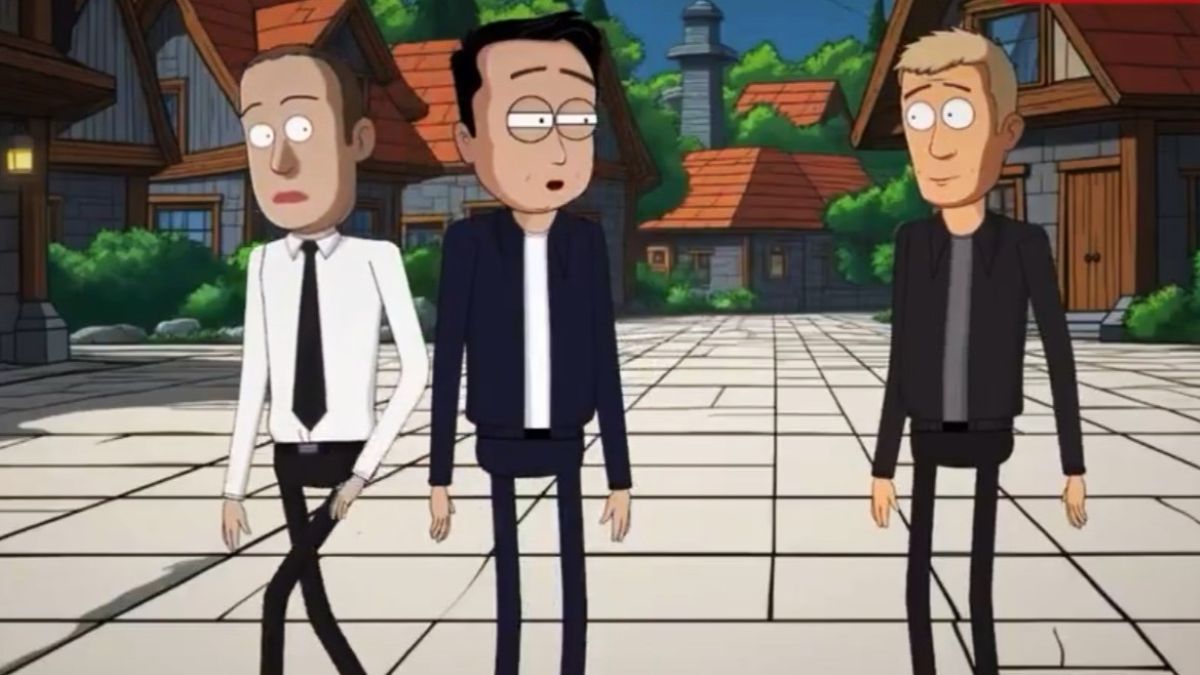

Published: Aug 28, 2023 07:48 pm